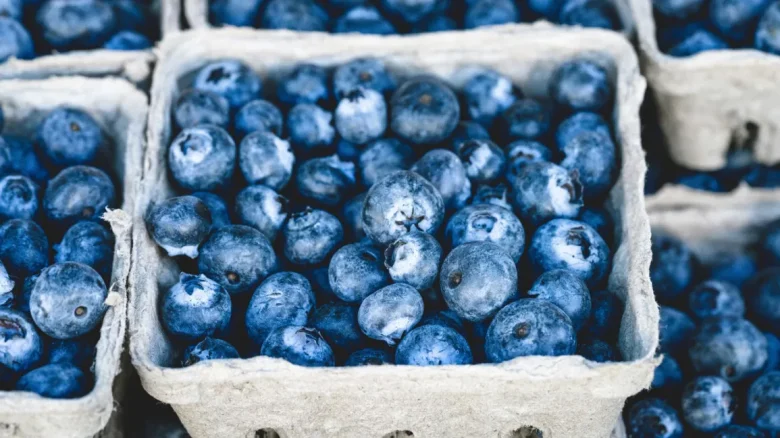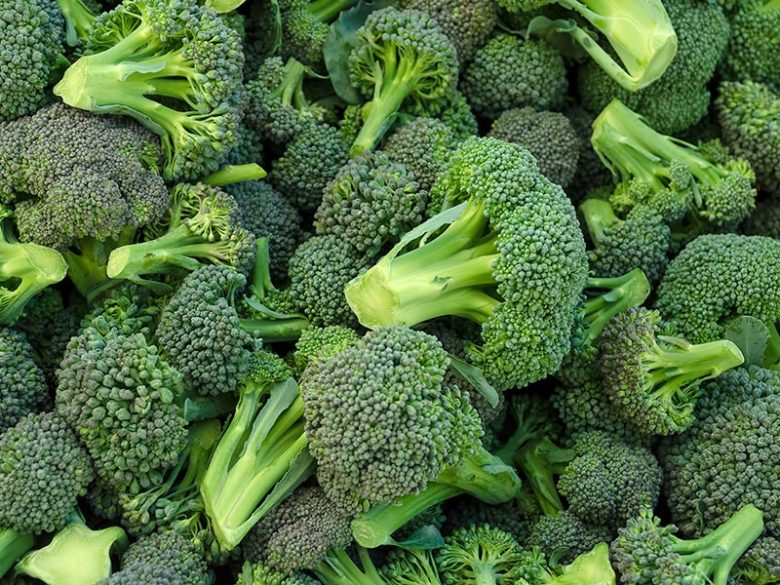The human brain is a significant organ. It’s in charge of keeping your heart pumping and your lungs breathing, as well as allowing you to move, feel, and think. As a result, it’s in your best interest to take good care of your brain. Maintaining the health of your brain is highly dependent on the food you consume.
Fishes

Omega-3 fatty acids are found in high concentrations in fatty fish. Omega-3 fatty acids have been shown to improve mood and memory, as well as protect the brain from cognitive decline. These acids also provide a number of added advantages for the brain.
They help decrease the progression of age-related mental deterioration and possibly prevent Alzheimer’s. People who consume fish on a daily basis appear to have more gray matter in their brains, according to certain studies. The majority of the nerve cells in the brain’s gray matter are responsible for controlling functions including decision-making, memory, and emotion. Fishes help in the creation of more gray matter.
Coffee

The health benefits of coffee may come as a welcome surprise to many who rely on it to get them through the day. Caffeine and antioxidants, two of coffee’s primary components, are beneficial to mental well-being. To know more on how to make the best nootropic drinks, check out Quench List
In order to keep you awake, caffeine blocks the chemical messenger adenosine, which is responsible for making you feel tired. Your “feel-good” neurotransmitters such as dopamine may also be boosted by caffeine consumption.
Long-term coffee use has also been associated with a decreased risk of neurological illnesses including Parkinson’s and Alzheimer’s. Drinking three to four cups of coffee each day significantly reduces the risk of heart disease and stroke in adults, according to a new study
It is possible that the high quantity of antioxidants in coffee plays a role in this. Coffee has been shown to improve mood and attentiveness.
Blueberries

Blueberries offer a wide range of health benefits, many of which are associated with the brain.
Anthocyanins, a category of plant molecules that have anti-inflammatory and antioxidant properties, are found in dark colored berries. Both oxidative and inflammatory stress can promote brain aging and neurodegenerative disorders. Antioxidants counteract both of these situations.
Toss them in your morning cereal, add them to a smoothie, or eat them plain for a quick snack.
Antioxidants included in blueberries have been shown to slow down the aging process of the brain and improve memory.
Turmeric

Turmeric’s key element, curcumin, is known to pass the blood-brain barrier, Thus, it can benefit brain cells. There have been numerous studies that link it to the following cognitive benefits:
Consumption of turmeric has a positive impact on memory. Memory loss in Alzheimer’s patients may be reduced by consuming turmeric. The amyloid plaques that characterize this condition may also be cleared by this food.
Mood-lifting serotonin and dopamine are induced by curcumin, a compound found in turmeric. One study found that curcumin could help alleviate the symptoms of sadness and anxiety when used in conjunction with other treatments.
Neurotrophic factor, a type of growth hormone that promotes the development of brain cells, is increased by curcumin. ITurmeric consumption may slow down the onset of age-related cognitive loss, but further study is needed to confirm the same. Adding turmeric to your diet may be useful, but it may be necessary to take a curcumin supplement under the supervision of a doctor to achieve the outcomes stated in the research.
Broccoli

Plant components such as antioxidants abound in broccoli. A single cup (160 grams) of cooked broccoli provides more than 100% of the daily recommended intake (RDI) of vitamin K. Sphingolipids, a type of fat found in brain cells, are dependent on this fat-soluble vitamin
A few studies in elderly persons have linked better memory and cognitive health to a larger intake of the vitamin K.
Additionally, broccoli has anti-inflammatory and antioxidant properties beyond vitamin K, which may help protect the brain from oxidative stress
Dark chocolate

There are a number of things found in dark chocolate and cocoa powder that help to improve cognitive function, including flavonoids, caffeine and antioxidants. Cocoa content of 70% or more is required for the preparation of dark chocolate. Milk chocolate with a cocoa content of 10–50% isn’t going to provide the same health benefits as dark chocolate.
Flavonoids are plant chemicals that have antioxidant properties. Learning and memory-related regions of the brain are targeted by flavonoids that are present in chocolate. It’s possible that these substances can improve memory and slow down the onset of age-related cognitive decline.
Chocolate eaters fared better in a number of mental tasks, including memory tests, than those who rarely consumed it, according to a study conducted on more than 900 people. According to scientific research, chocolate is proven to be a good mood enhancer. Those who ate chocolate reported higher levels of happiness than those who ate crackers, according to a study.
Eggs

Folate, choline, and vitamins B6 and B12 are found in eggs, making them an excellent brain food. Acetylcholine, a neurotransmitter that aids in mood regulation and memory consolidation, is synthesized in the body from choline, a critical vitamin
Memory and mental performance improved with increased choline consumption, according to a number of previous research. Egg yolks are one of the most concentrated sources of choline, making them an easy way to receive this nutrient.
A single egg yolk contains 112 mg of choline, which is enough for most women and men to meet the recommended daily requirement of 425 mg and 550 mg, respectively. Eggs are also a good source of B vitamins, which play a variety of roles in brain health.
Final Word
This collection of fruits and vegetables and tea and coffee contains antioxidants that can help protect your brain from oxidative stress. Nutrients found in foods like nuts and eggs, on the other hand, help with memory and brain growth. Include these items in your diet to assist promote brain health and improve alertness, memory, and mood in a natural and healthy way.
